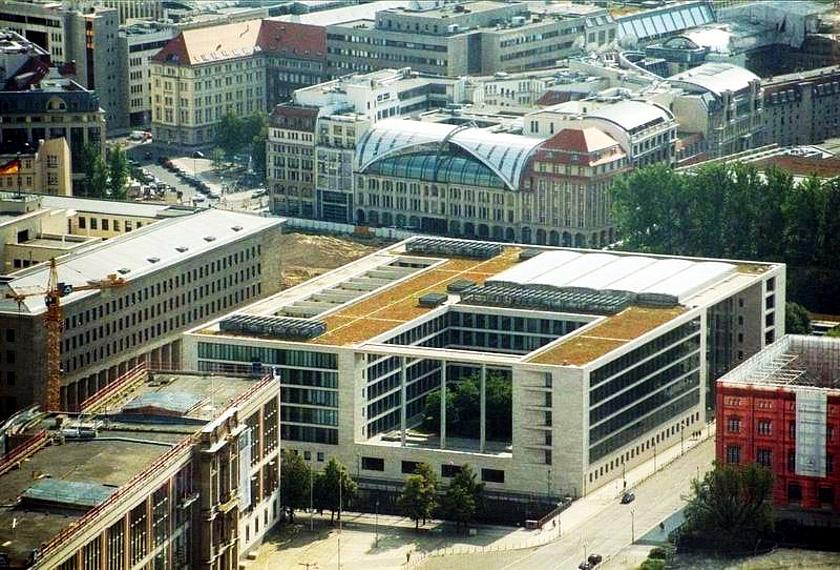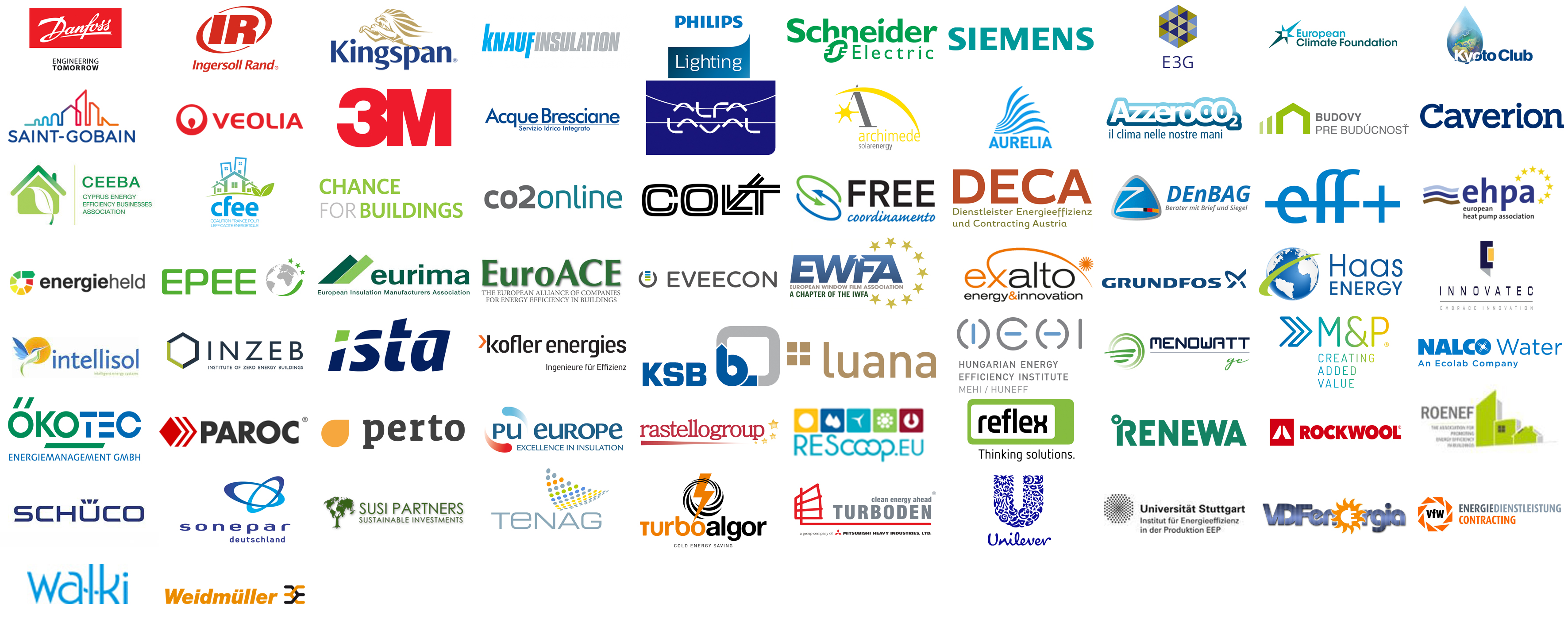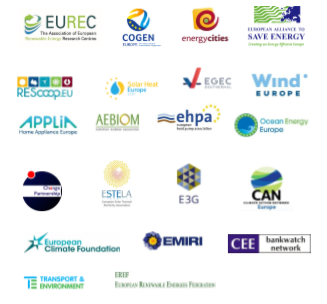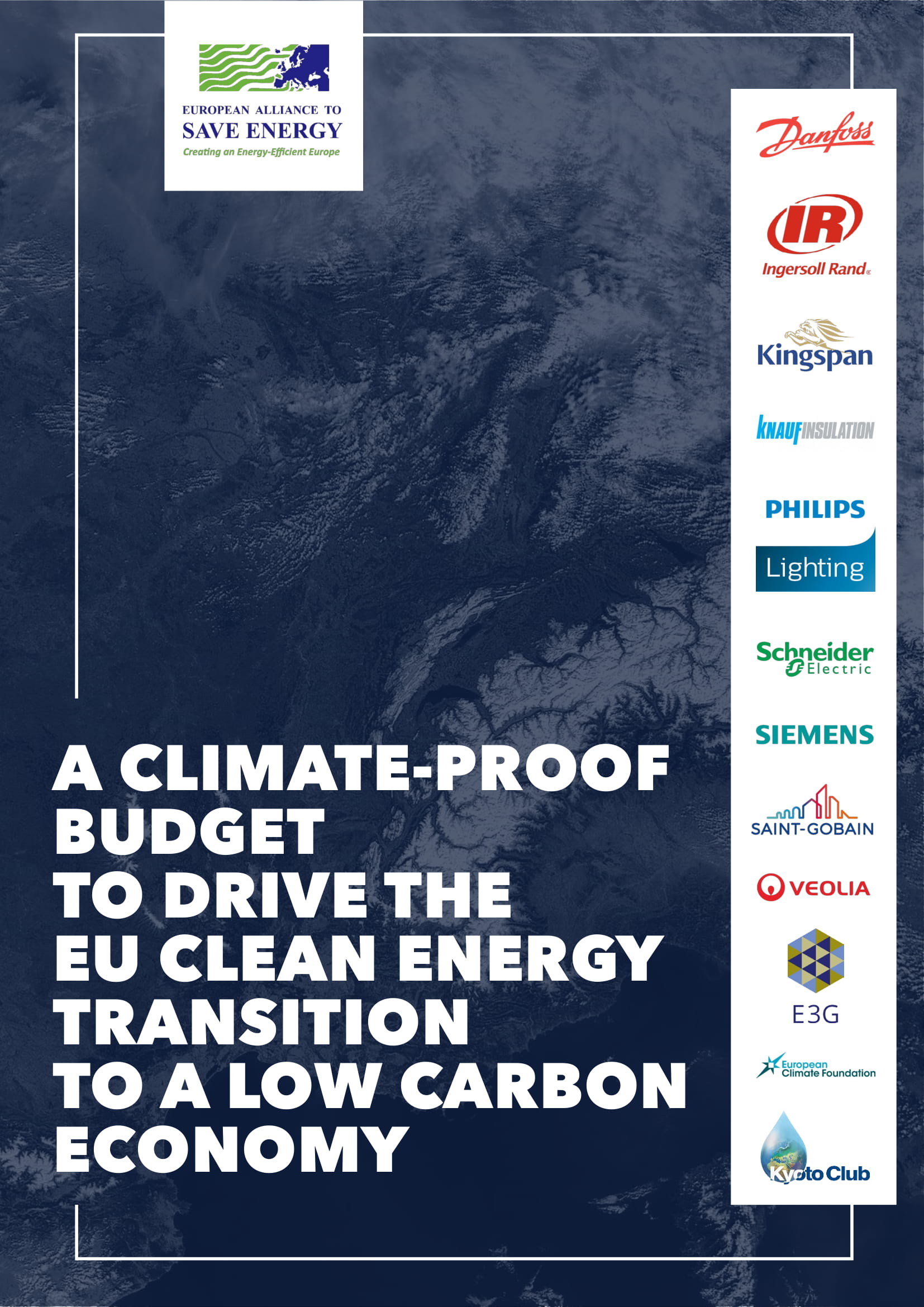Global energy transition in dialogue

At the two-day conference “Berlin Energy Transition Dialogue”, Federal Minister of Economics Peter Altmaier presents the German energy transition as a model and as an export model. The Federal Government has been slowing down this successful model for some time now and is still missing the climate targets.
18.04.2018 – Die zweitägige internationale Konferenz unter dem Motto „towards a global Energiewende“ gilt als wichtige Diskussionsplattform, vor allem weil beim Thema Energiewende und Klimaschutz die Vernetzung mit anderen Ländern relevanter wird .Gilt denn Deutschland im internationalen Vergleich noch als Vorbild der Energiewende? Wohl eher nicht. Altmaier präsentiert die deutsche Energiewende als Geschäftsmodell für andere Länder. Exportiert wurde das Energiewende-Modell oder Teile davon in den letzten Jahren schon, mit Erfolg – doch in Deutschland selbst werden der Energiewende unsinnige Hürden gestellt, das bislang erfolgreiche Geschäftsmodell wird politisch abgewürgt.
Das findet auch Claudia Kemfert vom Deutschen Institut für Wirtschaftsforschung. „Zwar wird so getan, als seien alle Maßnahmen im Sinne der Energiewende“, sagte die Energieökonomin vor kurzem in einem Interview der Frankfurter Rundschau. „Doch dann werden genau gegenteilige Entscheidungen gefällt, etwa die Begrenzung des Ausbaus Erneuerbarer Energien, die Einführung eines Kohlevorrangs, Kohleabwrackprämien oder überdimensionierte Netze. Dies alles dient in keiner Weise einer erfolgreichen und klugen Energiewende – im Gegenteil.“
Keine Vision in Sicht
Altmaier als auch Maroš Šefčovič als Vertreter der EU-Kommission konnten in ihren Eingangsreden bei der Konferenz denn auch keinen sinnvollen Fahrplan präsentieren, wie es mit der Energiewende weitergehen soll. Während in Deutschland der Anteil der Erneuerbaren an der Stromerzeugung bei 38,5 Prozent liegt, ist dieser global gesehen erst bei 12,1 Prozent. Die Deckel für Solar müssen weg, für Wind mindestens deutlich angehoben werden„Noch nie waren Wind- und Solarenergie so günstig wie heute“, so Altmaier. Eine Mitteilung seines Ministeriums hat das vor kurzem bestätigt – und deckelt dennoch den Ausbau Erneuerbarer Energien. „Erneuerbare sind so günstig geworden, dass es völliger Quatsch ist, Solar und Wind weiterhin massiv auszubremsen“, kommentiert Grünen-Fraktionsvorsitzender Anton Hofreiter das Vorgehen. „Die Deckel für Solar müssen weg, für Wind mindestens deutlich angehoben werden.“
Energiewende geht nur mit Kohleausstieg
Auf die Themen Energiespeicherung und Netzausbau ging der Bundeswirtschaftsminister kaum ein, auf Fragen zum Thema Kohlekommission antwortete er ausweichend. Die künftige Kohlekommission sei wichtig, um einen Kompromiss zu finden. „Minister Altmaier redet um den heißen Brei herum“, kritisiert Karsten Smid, Energie-Experte von Greenpeace. Die Bundesregierung habe sich im Koalitionsvertrag verpflichtet, bereits das Klimaziel für 2020 so weit wie möglich zu erreichen. „Damit kann sie aber nicht erst 2019 beginnen“, so Smid. „Sie muss noch in diesem Jahr die Treibhausgase aus Kohlekraftwerken verringern. Das geht nur, wenn zumindest die schmutzigsten Kraftwerke vom Netz genommen und andere gedrosselt werden. Das haben auch bereits Teile der Union erkannt. So empfiehlt der CSU–Arbeitskreis Energiewende, die zwölf ältesten Braunkohleblöcke mit den höchsten CO2-Emissionsraten abzuschalten. Dieses könne geschehen, ohne die Stromversorgung in Deutschland zu gefährden.“
Auch für den WWF gehört zur Energiewende ein zügiger Kohleausstieg. „Im Zentrum des Auftrags der Kommission muss der Klimaschutz stehen“, sagt Michael Schäfer, Leiter Klimaschutz und Energiepolitik beim WWF Deutschland. Die Kommission kann nur gelingen, wenn sie von der Bundesregierung den Auftrag erhält, sowohl die nationalen Klimaziele für 2020 und 2030 zu erreichen als auch unseren Beitrag zum Paris-Abkommen zu erfüllen.“ Weitere Kohlekraftwerke oder Tagebaue seien unvereinbar mit diesen Zielen. Auf eine Anfrage der Grünen-Fraktion im Bundestag war zuvor bekannt geworden, dass ein Moratorium für Tagebaue und Kraftwerke während der Arbeit der Kohlekommission bislang nicht vorgesehen ist. „Damit gefährdet die Regierung die Glaubwürdigkeit der Kommission, noch bevor sie überhaupt mir ihrer Arbeit beginnen konnte“, kommentiert Schäfer.
Weltpolitische Relevanz der Energiewende
Außenminister Heiko Maas fokussierte in seiner Rede auf der Konferenz in Berlin die sicherheitspolitischen Aspekte der Energieversorgung und sieht die Energiewende als eine Bedingung für eine sichere und friedfertige Welt. „Wenn wir es nicht schaffen, das Pariser Übereinkommen und die Agenda 2030 umzusetzen, dann werden wir uns in einer Welt wiederfinden, mit noch viel größeren Risiken für Stabilität und Frieden, als wir es jetzt schon erleben.“
Energieeffizienz ist Teil der Energiewende
Am 19. April treffen sich nun die 28 EU-Energieminister zu einem informellen Ratstreffen zu den Themen Energieeffizienzrichtlinie (EED) und die EU Energy Governance-Verordnung (GOV) sein. 75 Unternehmen und Organisationen richteten sich in dieser Woche mit einem gemeinsamen Brief an die EU-Energieminister, Initiatioren sind die European Alliance to Save Energy (EU-ASE) und die Deutsche Unternehmensinitiative Energieeffizienz e. V. (DENEFF). Sie appellieren an die Mitgliedstaaten, eine gemeinsame Führungsrolle beim Klimaschutz zu demonstrieren. Mehr als drei Viertel der notwendigen Reduktionen zur Umsetzung der Pariser Klimavereinbarung in der EU müssten durch die Steigerung der Energieeffizienz erfolgen, heißt es in dem Brief. Eine Kernforderung der Unterzeichner ist ein verbindliches EU-Energieeffizienzziel von 40 Prozent für 2030. Die EU-Kommission hatte ein Ziel von 30 Prozent vorgeschlagen, das Parlament eines in Höhe von 35 Prozent.
IRENA: Dynamik der Energiewende nicht abwürgen
Adnan Z. Amin, der Generaldirektor der Internationalen Organisation für Erneuerbare Energien (IRENA), war auch anlässlich des Berlin Energy Transition Dialogues in die Stadt gekommen und stellte im Vorfeld die neue Studie Global Energy Transformation: A Roadmap to 2050 vor, in der die IRENA untersucht hat, wie sich das Energiesystem bis 2050 verändern muss, um die Klimaziele von Paris zu erreichen. Ein beschleunigter Ausbau Erneuerbarer Energien und mehr Energieeffizienz in allen Sektoren sind notwendig, dafür braucht es vor allem die richtigen politischen Rahmenbedingungen fordert auch Amin und dadurch mehr Sicherheit für private Investoren, die ihr Kapital im Erneuerbaren Energiesektor anlegen wollen. Man sei in einer Phase des Wachstums, der Innovationen und der Investitionen in die neue Infrastruktur der Energiewende. Vor allem die deutsche Öffentlichkeit nannte Amin als Vorbild – sie habe erfolgreich in Solarenergie investiert, deutsche Ingenieure hätten dafür den Rahmen geschaffen. Diese großartige Dynamik dürfe jetzt nicht abgewürgt werden. na
Source: energiezukunft




